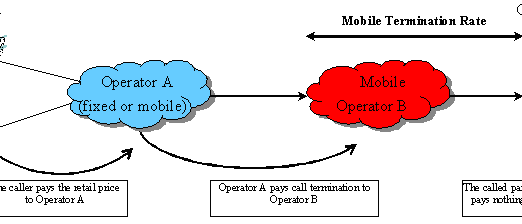EDRi-gram 12.1
Filter by...
-
Digital Rights sessions at the CPDP Conference
The first tradition of every new year is the Computers, Privacy and Data Protection Conference (CPDP) which will take place on 22‐24 January 2014 in Brussels, Belgium. Before the official start of the conference, the annual pre-CPDP event for NGOs will take place on 21 January. It is co-organised by CPDP, VUB, EDRi, Access & […]
Read more
-
Academics and authors stand against mass surveillance
More than 250 academics from all over the world have recently signed a declaration calling for a stop to the mass surveillance of citizens’ communications online by US and European authorities. “Intelligence agencies monitor people’s Internet use, obtain their phone calls, email messages, Facebook entries, financial details, and much more. Agencies have also gathered personal […]
Read more
-
Turkey: Internet censorship is getting harsher
The law proposal and its justification which have been presented to the Presidency of the Turkish Parliament for the approval by the Justice and Development Party about the change in “The regulation of internet-based broadcasting and the struggle with crimes that are committed via these broadcasting” is a threatening text in many ways. The motion, […]
Read more
-
UK ISP Filtering causes collateral damages
UK ISPs have started to implement a default filter for adult content online following the government’s endeavours which met success in 2013, under the pretext of protecting children from pornographic content. Unfortunately, UK ISPs have started to comply with the government’s requests. The default filter implies that all Internet providers need to opt-in in order […]
Read more
-
European Parliament’s draft report condemns US & UK intelligence services’ mass surveillance
Edward Snowden, the former US intelligence agency contractor who has revealed NSA documents showing mass surveillance programmes like Prism operated by America’s NSA intelligence agency and Tempora by the UK’s GCHQ, is to give testimony in front of the European Parliament (EP). It is not yet known when this will take place and the conditions […]
Read more
-
Google was fined by French and Spanish Data Protection Authorities
On 19 December 2013, Google was fined by the AEPD – Spanish Data Protection Authority (DPA) with 900 000 Euro for breaching the Spanish data protection provisions. Later on, on 3 January 2014, Google was given the maximum 150 000 Euro fine by CNIL (the French Data Protection Authority) ‘s Sanctions Committee for non-compliance with […]
Read more
-
European Commission wants to know if web browsing should be illegal
The European Commission has launched a consultation on the future of European copyright policy. The responses provided to the questionnaire must be submitted by 5 February 2014 and will be used as a justification for future proposals from the Commission – if citizens do not have their say, the results will be a weakening of […]
Read more
-

AT&T’s “sponsored data” – a toll-road to nowhere
On 6 January, the US fixed and mobile operator AT&T announced a “service” allowing online services (such as search engines, social media, etc) to pay (“sponsor”) the data costs of end-users. Currently, people often have to pay for data that they download from the internet, whereas AT&T’s programme would allow certain services to be provided […]
Read more
